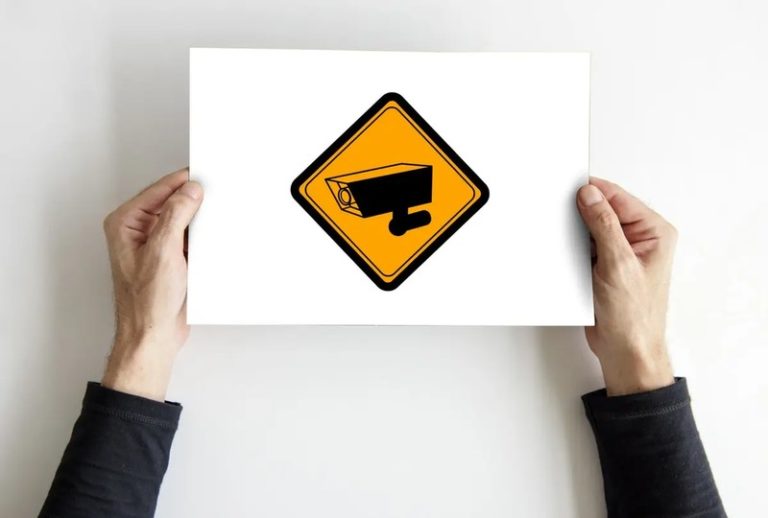As a recent scandal has revealed, hidden cameras and covert security can be used for all sorts of applications. One of which is monitoring problem individuals within organisations and other good business directory companies.
As a business, it is perfectly reasonable to protect company property and monitor health and safety issues used by CCTV cameras. It is, however, quite a controversial issue, as there exist security and privacy concerns about individual’s rights. If companies want to properly use hidden security cameras, it must be conducted in a certain way. This article should give you some guidance on that.
If you require immediate help with this subject, you can further research by going straight to covert security specialists.
Can cameras be used within the workplace?
The answer here is yes, CCTV can be used throughout the property. However, employees should be told about this and you should inform the reasons for doing so also.
As such, you should have a clear policy written out for all to see. This will delineate your CCTV monitoring activities.
Reasons for monitoring include security, health and safety, maintaining businesses best interests and assessing productivity. It can also ensure that laws and regulations are being properly met.
Risks
Despite these laws and rights, you should also be aware of the risks.
Data protection act has principles one must abide by, these are:
- Lawfulness, transparency and fairness
- Limitation of purpose
- Minimisation of data
- Limitation of storage
- Confidentiality and integrity.
- You must abide by the Human Rights Act 1998.
- You must abide by the Regulation of Investigatory Powers Act 2000/2016
- Abide by the Telecommunications Regulations 2000
There is also an implied legal obligation pertaining to trust and confidence, you must act in ways that are both reasonable and fair.
Hidden cameras
These are allowed in the workplace as long as there is a good reason. If you want to monitor employees in secret then you will need a legitimate reason to do so, this includes criminal activities or malpractice. Convert security cameras in the workplace can only be used in part of an investigation – as soon as it is finished you must stop immediately.
This can be only sanctioned by a senior member of management, and a full assessment should be carried out.
Only a limited number of employees can be involved in the investigation. You should be aware that recording can sometimes reveal other forms of misconduct – however, you cannot use it as evidence against the person or issue who is not being investigated.
Policy
A policy is going to be the thing that guides you through this process. You must first carry out an impact assessment that outlines the reason for CCTV requirements. This will consider all of the advantages and disadvantages of its usage, as well as the obligations you may have to the workforce. This means you will need to tell staff about security camera measures and why you are using them. You must manage the data you record, and you should also offer subject access requests to staff members you can then determine if the request is justified.
You should explain how all data will be used. You should also document how data should be stored in regards to GDPR and the Data Protection Act 1998. Security staff and managers should be trained in their responsibility to employee confidentiality.


Comments are closed.